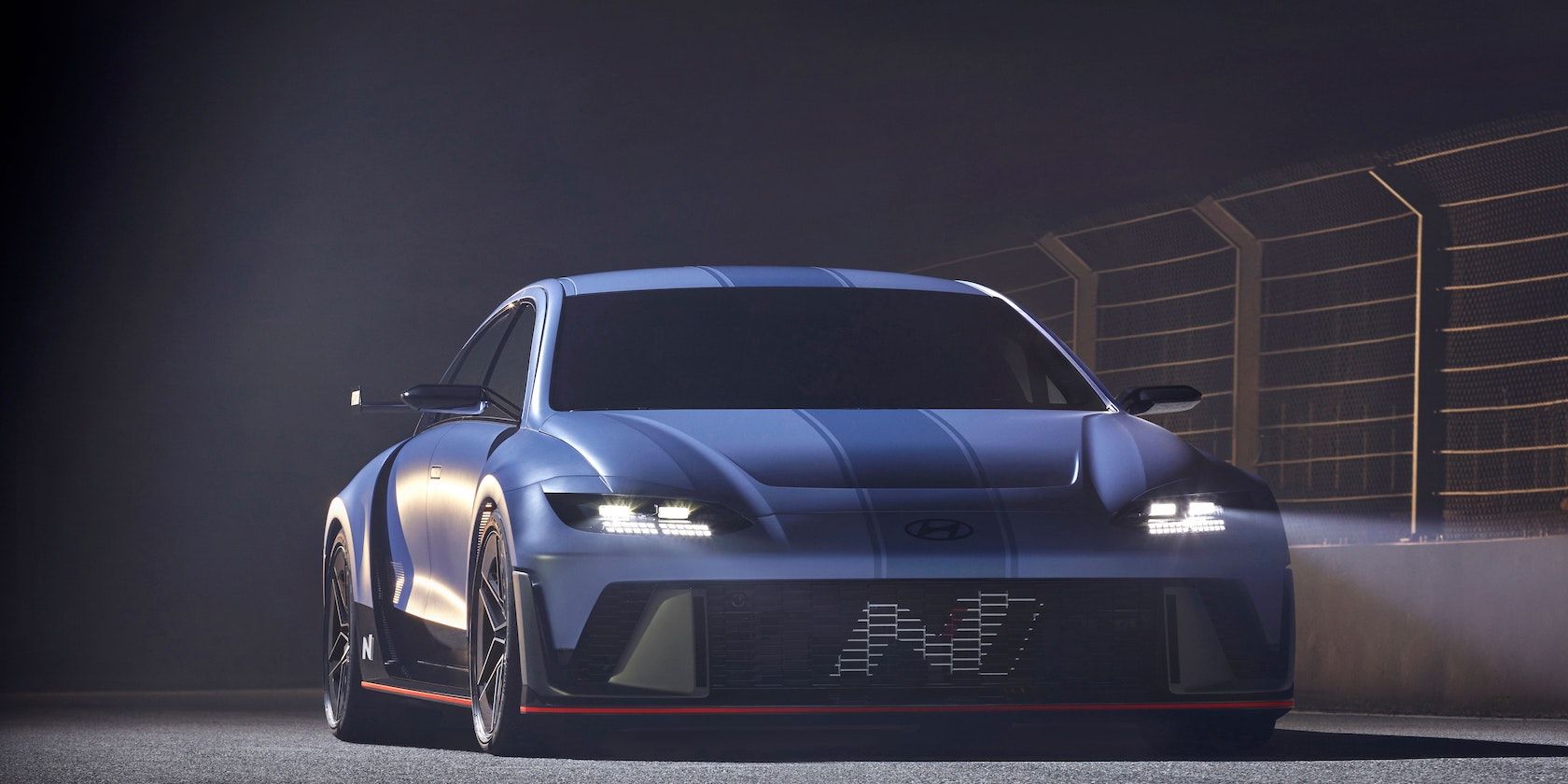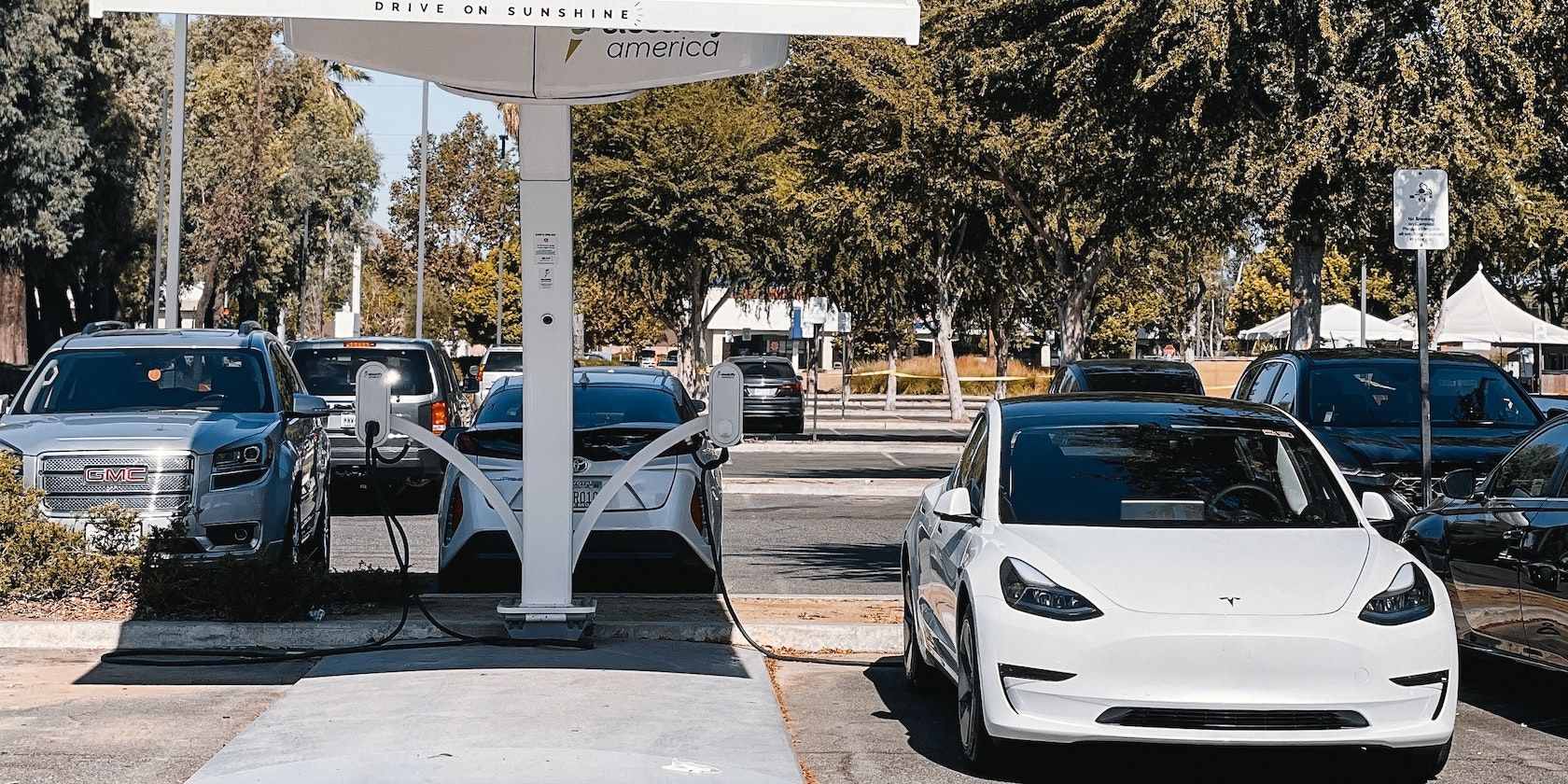Electric vehicle sales are soaring, and the only problem at the moment is that automakers are struggling to keep up with growing consumer demand. The surge in electric vehicle sales is the direct result of consumers learning about EVs and their benefits and an increase in manufacturers offering EVs, allowing consumers many more choices.
But there are other reasons for the ongoing uptick in electric vehicle sales and why so many people are finally making the switch.
1. Spiking Gas Prices
Independence from gasoline is one of the greatest reasons to buy an electric vehicle. Not only because of the expense but simply eliminating the need to stop at a gas station from time to time. Many people have realized that electric vehicles allow the convenience of simply charging your vehicle while you sleep, in the comfort of your own home, and then getting on with your day the next morning.
Not having to stop at a gas station is a true luxury. Furthermore, gas station prices are higher than ever before worldwide, and not only this, but it's extremely difficult to predict when these spikes in gas prices will occur—as well as when they will go down again.
Consumers are more aware of the toll on the environment that constantly refilling at a gas station entails, another major plus point of EVs.
2. EVs Are Becoming More Affordable
EVs are slowly becoming more accessible for the common new car buyer. It wasn't long ago that EVs were prohibitively expensive, like the Tesla Model S or Model X. Now, Tesla offers the Model 3, which is not "cheap" but is an option that opens the electric vehicle market to a lot more people.
Add in the fact that Hyundai is also offering the Kona EV, which starts at $34,000, and you have an even more affordable option for people that want to get in on the EV game. Nissan is leading the charge with its Nissan Leaf (which, to be fair, has been around for a long time, but now it's a more complete package with a decent range) starting at $27,800.
Purchasing an EV no longer requires your life savings, and consumers are noticing, driving EV sales.
3. Government Incentives
The government is also doing its part in helping lure new customers to the world of electric vehicles. People looking to purchase a new EV may qualify for a federal tax credit of up to $7,500, which is a great incentive that helps reduce the cost of an electric vehicle versus a traditional car.
The federal tax credit has been available for quite a while now, and some manufacturers, like Tesla and GM, have long run out of eligibility. They ran out because they've sold more than 200,000 vehicles that qualified for the tax credit. Not to worry, though, because most vehicle manufacturers that sell EVs do qualify for the full tax credit, and $7,500 off of your next EV is definitely something to smile about.
4. More EV Choices, More EV Manufacturers
Usually, when the conversation turns towards EVs, people instinctively think of Tesla or a Toyota Prius for some odd reason (especially weird because it's not even a full EV). And even though Tesla has sold many EVs, their vehicles are out of range for many people's budgets.
But, now, so many automakers are joining the EV party, the choices are seemingly endless, and many more are on the way. Currently, many car manufacturers offer EVs, and they are instantly recognizable names. For example, among VW's EV offerings in the US is the fully electric ID.4, while Hyundai, Kia, and even Mini have some great EVs already on the market.
This new pool of electric vehicle offerings allows car buyers to choose an EV because they like what it offers as a car versus simply purchasing it because it's electric. This is especially true for new EV pickup trucks because people who needed a utility vehicle like a pickup truck couldn't buy an EV—not because they didn't like EVs, but because the choice wasn't there.
5. Increased EV Range and More Charging Stations
When electric vehicles first appeared on the scene, everybody criticized the fact that their range was nowhere near that of a gasoline vehicle. But the new crop of EVs all feature extremely respectable battery ranges and can be used as a daily driver without a second thought. Lucid even offers an EV with 500+ miles of range, which is incredible, and beats the ex-king of range, the Tesla Model S.
Even the more affordable EVs have improved their range thanks to improvements in battery technology over the years. For example, you can now get a Nissan Leaf that's good for more than 200 miles of range, which will suffice for most people going about their daily commute without the need to recharge during the day.
Not to mention the fact that charging stations are popping up all over the nation. Tesla's Supercharger network led the way, but giants like Electrify America and ChargePoint also contribute to robust EV charging infrastructure nationwide.
EV Adoption Is Just Getting Started
Of course, this is only just getting started. What we're currently witnessing in terms of EV sales is simply a peek into the inevitable future. Pretty soon, all new vehicles sold in the US will be EVs, and this trend will actually come to fruition even faster in other countries like Norway.
It's also important to keep pushing for changes to the electrical grid to ensure that the responsible choice of buying an EV is backed by a grid powered by renewable energy.


